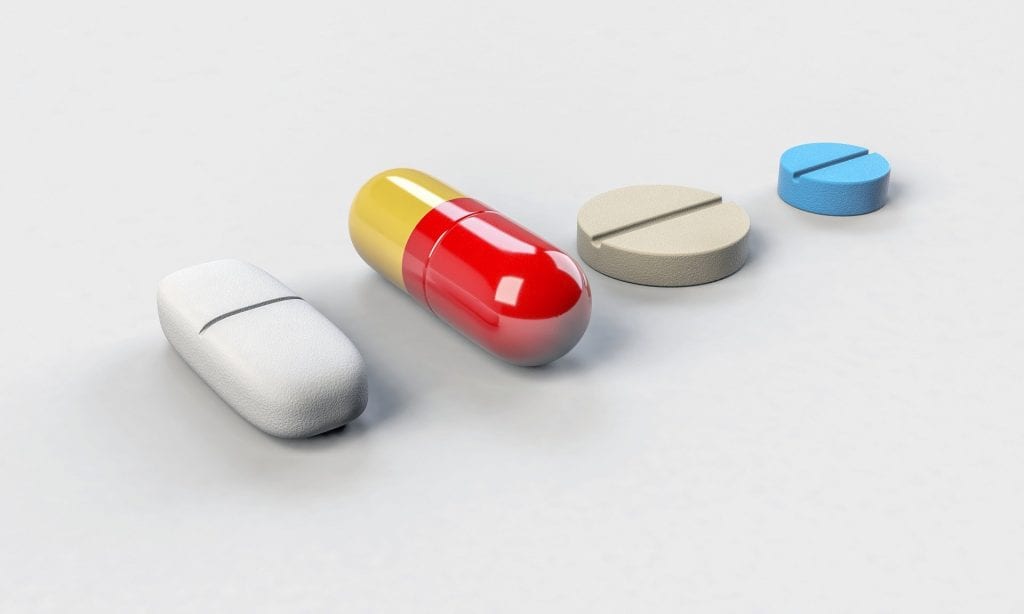A urinary tract infection (UTI) is an infection located in the urinary system. Urinary infections can be located in the bladder, the urethra, the kidneys and the ureters (tubes that allow the urine to travel from the kidneys to the bladder). Areas most affected with UTIs are the bladder and the urethra, but the other areas can also sometimes be affected.
The female anatomy makes it easier for infection causing bacteria to reach the bladder. This is why women tend to be more susceptible to develop urinary tract infections than men. A majority of urinary tract infections in men are caused by benign prostatic hyperplasia (BPH).
Benign prostatic hyperplasia occurs when the prostate enlarges and blocks a part of the urethra. When this happens, the urine flow is much weaker and can prevent the bladder from emptying completely. Bacteria can grow from the remaining urine, hence triggering an infection.
Not all men who have BPH will develop UTIs. However, the risk of developing a urinary tract infection is much higher for men with BPH.

Urinary tract infections are rare in men. However, having one or more of the following symptoms might mean you have a UTI:
Because some of these symptoms can be caused by BPH or other conditions such as diabetes or kidney stones, it is important to seek medical help if you are experiencing any these symptoms. Chronic urinary tract infections can also be linked to an inflammation or infection of the prostate.
The cause of the urinary tract infection will determine the long term treatment, if any. However, UTI treatment usually includes antibiotics.
There is no way to prevent UTIs. However, a few lifestyle changes can significantly decrease the chances of getting a UTI:
Remember that if your urinary tract infections are caused by benign prostatic hyperplasia, managing your BPH will be the best way to reduce your chances of getting another UTI.
If lifestyle changes are not enough and your symptoms are becoming too difficult to manage, do not wait and seek medical attention. Several treatments are available to reduce BPH symptoms.
If you want to take control of your BPH symptoms and avoid developing urinary tract infections, take the one-minute BPH quiz.
6900 Boulevard Décarie, Suite M270
Montréal, QC H3X 2T8
1100 Rue du Lux, Bureau 520
Brossard, Quebec J4Y 0E2
© 2023 Sanomed, All rights reserved. Website by Lifter
Request A Consultation Appointment
Please complete this appointment request form and we will call you back to review how to prepare, and to confirm your appointment date and time. Thanks.